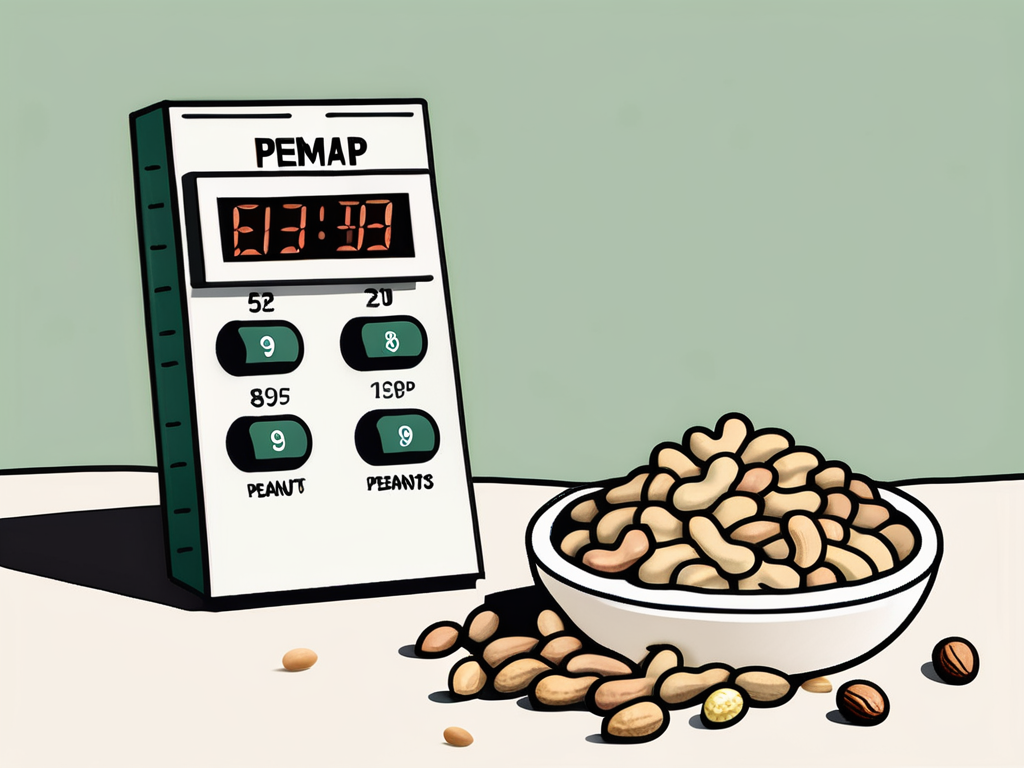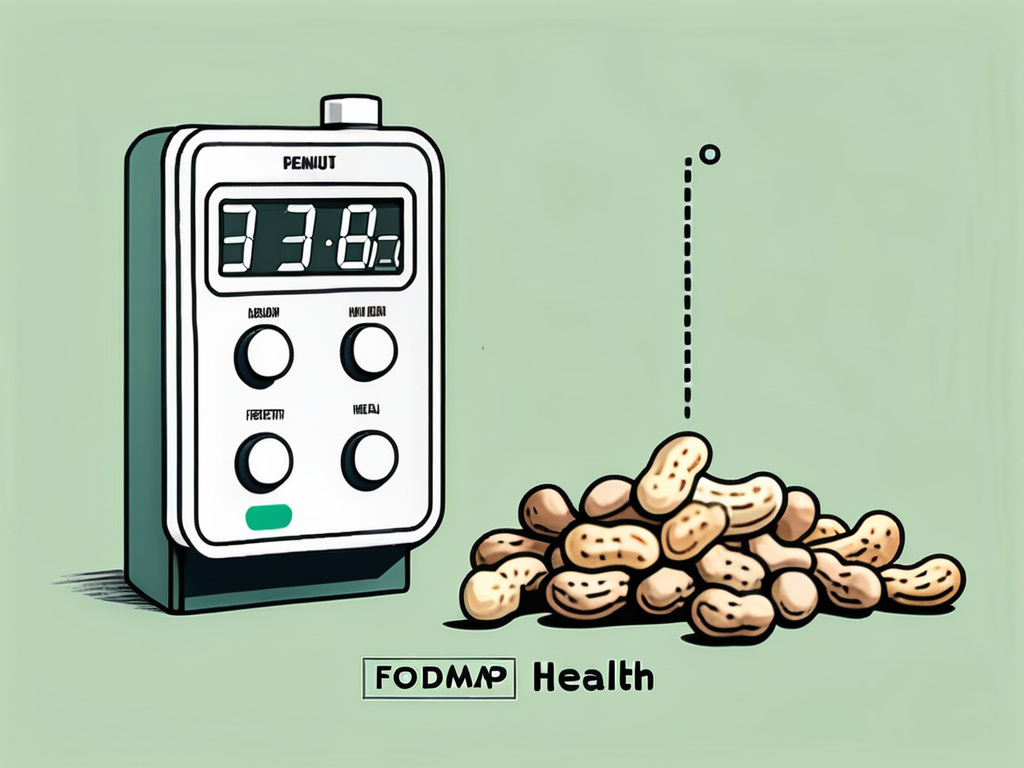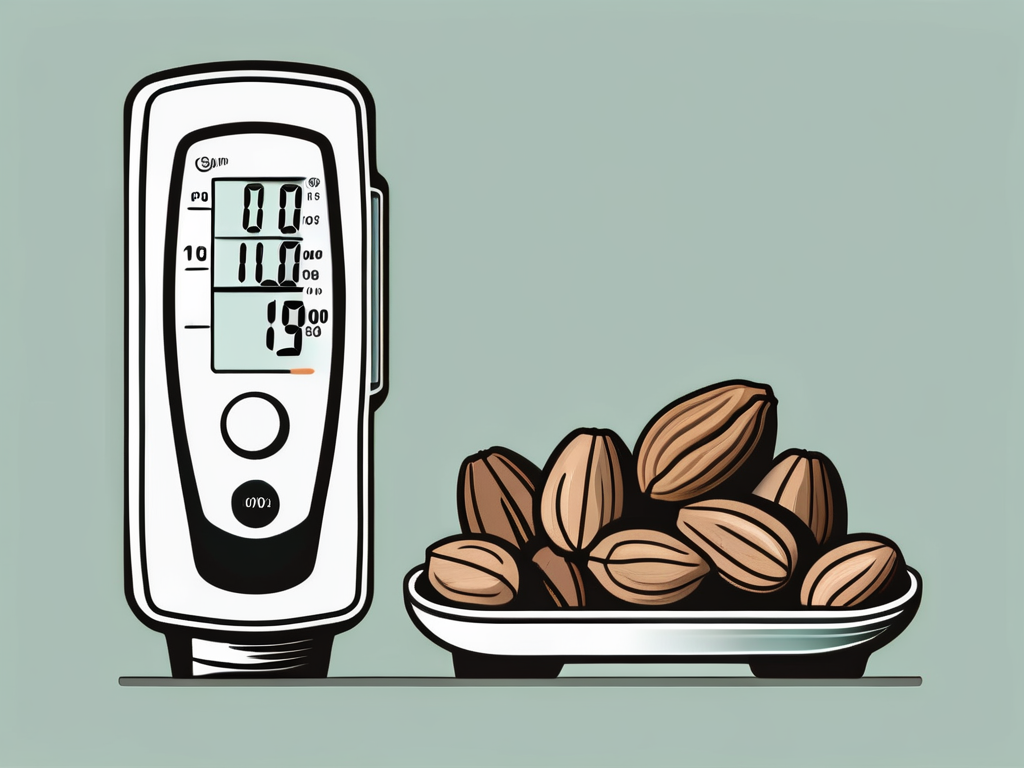Understanding FODMAPs
FODMAPs, which stands for Fermentable Oligosaccharides, Disaccharides, Monosaccharides, and Polyols, are a group of carbohydrates that some individuals may have difficulty digesting. These can cause digestive symptoms such as bloating, gas, and abdominal pain in people with irritable bowel syndrome (IBS) or other gastrointestinal disorders.
Individuals who experience gastrointestinal discomfort may benefit from understanding the intricacies of FODMAPs and how they can impact digestive health. By delving deeper into the world of FODMAPs, one can gain insights into the specific types of carbohydrates that may be problematic and how they interact with the gut microbiota.
What are FODMAPs?
FODMAPs are short-chain carbohydrates and sugar alcohols that are naturally found in a variety of foods. The main types of FODMAPs include:
- Oligosaccharides: Fructans and galacto-oligosaccharides (GOS) found in wheat, rye, onions, and garlic.
- Disaccharides: Lactose found in milk, yogurt, and soft cheeses.
- Monosaccharides: Excess fructose found in fruits such as apples, pears, and honey.
- Polyols: Sorbitol, mannitol, and other sugar alcohols found in some fruits and artificial sweeteners.
These different types of FODMAPs can have varying effects on individuals, with some being more sensitive to certain categories than others. Understanding the sources of these carbohydrates can be a crucial step in managing digestive symptoms and improving overall well-being.
Why are FODMAPs Important?
For people who are sensitive to FODMAPs, consuming foods high in these carbohydrates can trigger uncomfortable digestive symptoms. By following a low FODMAP diet, individuals can identify and manage their trigger foods, helping to reduce symptoms and improve overall digestive health.
Exploring the role of FODMAPs in gut health can lead to a better understanding of how these compounds ferment in the colon, potentially leading to gas production and bloating. By recognizing the impact of FODMAPs on the digestive system, individuals can make informed choices about their diet and lifestyle to promote gut comfort and overall wellness.
The Nutritional Profile of Peanuts
Peanuts, which are more closely related to legumes than actual nuts, have long been a favorite snack for many. Not only are they delicious, but they also pack a nutritional punch.

Originating from South America, peanuts have a rich history dating back thousands of years. They were a staple food for the ancient Incas and Aztecs, who valued them for their taste and nutritional benefits. Peanuts made their way to North America in the 1700s and have since become a beloved snack enjoyed in various forms, from peanut butter to roasted peanuts.
Nutritional Benefits of Peanuts
Peanuts are an excellent source of plant-based protein, which is important for muscle growth, repair, and overall health. In addition, they are rich in healthy fats, including monounsaturated fats, which have been linked to heart health. Peanuts also contain essential vitamins and minerals, such as vitamin E, niacin, and magnesium.
Furthermore, peanuts are a good source of dietary fiber, which aids in digestion and helps maintain a healthy gut. The combination of protein, healthy fats, vitamins, minerals, and fiber makes peanuts a nutrient-dense food that can be a valuable addition to a balanced diet.
Potential Health Risks of Peanuts
While peanuts offer numerous health benefits, it is important to note that they can be allergenic for some individuals. Peanut allergies are more common than other nut allergies and can cause severe, potentially life-threatening reactions. Those with peanut allergies should avoid peanuts and related products altogether.
It's essential to read food labels carefully, as peanuts and peanut products can be found in a wide range of foods, including baked goods, sauces, and even some cosmetics. Cross-contamination is also a concern, as peanuts can sometimes be present in foods where you may not expect them. Being vigilant about avoiding peanuts is crucial for individuals with allergies to prevent any adverse reactions.
Peanuts and FODMAPs
Now that we understand the basics of FODMAPs and the nutritional profile of peanuts, let's explore whether peanuts are low FODMAP.

Peanuts, scientifically known as Arachis hypogaea, are not actually nuts but legumes that grow underground. They are a popular snack enjoyed worldwide and are packed with essential nutrients like protein, healthy fats, vitamins, and minerals. Peanuts are also a good source of antioxidants, particularly resveratrol, which is known for its heart-protective benefits.
Are Peanuts Low FODMAP?
Yes, peanuts are considered low FODMAP, which means they contain minimal amounts of FODMAPs that may trigger digestive symptoms in sensitive individuals. However, it is essential to keep portion sizes in check, as consuming large amounts of peanuts may still lead to discomfort.
Furthermore, peanuts are a versatile ingredient that can be incorporated into various dishes, from savory to sweet. They can be ground into peanut butter, used as a crunchy coating for chicken, or sprinkled over salads for added texture and flavor. Peanuts can also be roasted and seasoned with different spices for a delicious and nutritious snack.
How Peanuts Impact Digestion
Despite being low FODMAP, peanuts contain fat and fiber, which can slow down digestion. Some individuals may find that consuming a large quantity of peanuts all at once can lead to digestive discomfort, such as bloating or indigestion. It's important to listen to your body and consume peanuts in moderation.
Moreover, peanuts are a rich source of monounsaturated and polyunsaturated fats, which are beneficial for heart health when consumed in moderation. These healthy fats can help lower bad cholesterol levels and reduce the risk of heart disease. Including peanuts as part of a balanced diet can contribute to overall well-being and provide a tasty way to meet your nutritional needs.
Other Low FODMAP Nut Options
If you enjoy nuts but want to explore more options on a low FODMAP diet, consider incorporating these alternatives:

Almonds and FODMAPs
Almonds are another low FODMAP nut option. They are packed with protein, healthy fats, and various vitamins and minerals. Almonds make a great snack or can be added to salads, stir-fries, or homemade granola.
Almonds are not only delicious but also versatile in the kitchen. You can make your own almond milk as a dairy-free alternative or use almond flour in gluten-free baking recipes. Additionally, almond butter is a tasty spread that can be enjoyed on toast or used as a dip for fruits and veggies.
Walnuts and FODMAPs
Walnuts are also low FODMAP and offer a distinct flavor and texture. They are a good source of omega-3 fatty acids, which are known for their heart-healthy benefits. Try adding walnuts to your oatmeal, yogurt, or baked goods for a nutritional boost.
Walnuts can be a crunchy addition to many dishes, from savory to sweet. Sprinkle chopped walnuts on top of a salad for added texture and nuttiness, or incorporate them into your favorite banana bread recipe for a delightful twist. You can also toast walnuts with a bit of maple syrup and cinnamon for a delicious snack or dessert topping.
Incorporating Peanuts into a Low FODMAP Diet
Now that we know peanuts are low FODMAP, let's explore how to incorporate them into a low FODMAP diet without triggering symptoms.
When following a low FODMAP diet, it's important to find delicious and nutritious recipes that adhere to the dietary restrictions. Luckily, peanuts can be a versatile and tasty addition to your low FODMAP meal plan. Let's take a closer look at some peanut recipes that are both satisfying and safe to enjoy.
Peanut Recipes for a Low FODMAP Diet
To enjoy peanuts while on a low FODMAP diet, try these delicious recipes:
- FODMAP-friendly Peanut Butter Energy Balls: These energy balls are a perfect snack or post-workout treat. Made with peanuts, oats, and a touch of maple syrup, they are both nutritious and delicious. Plus, they are easy to make and can be stored in the refrigerator for a quick grab-and-go option.
- Low FODMAP Thai Peanut Chicken Stir-Fry: This flavorful dish combines chicken, vegetables, and peanuts in a tasty low FODMAP sauce. Serve it over rice or gluten-free noodles for a satisfying meal. The combination of savory and nutty flavors will surely tantalize your taste buds.
- Peanut Butter Banana Smoothie: Whip up a quick and easy smoothie using low FODMAP ingredients like peanut butter, ripe bananas, lactose-free milk, and a sprinkle of cinnamon for added flavor. This creamy and indulgent smoothie is not only delicious but also packed with nutrients to keep you energized throughout the day.
These recipes are just a starting point, and you can get creative with how you incorporate peanuts into your low FODMAP diet. Whether it's adding crushed peanuts to your salad for a crunchy texture or using peanut flour as a gluten-free alternative in baking, the possibilities are endless.
Precautions When Consuming Peanuts on a Low FODMAP Diet
While peanuts are considered low FODMAP, it's important to be mindful of portion sizes, as consuming large quantities may still cause digestive discomfort. Remember, everyone's tolerance to FODMAPs can vary, so it's essential to listen to your body and adjust your intake accordingly.
Additionally, if you have a peanut allergy, it is crucial to avoid peanuts altogether, even if they are low in FODMAPs. Allergies can cause severe reactions and should not be taken lightly. Always consult with a healthcare professional if you have any concerns or questions regarding your specific dietary needs.
In conclusion, peanuts can be enjoyed as part of a low FODMAP diet. They provide valuable nutrients, including protein and healthy fats, which are essential for overall health and well-being. However, it's important to listen to your body, consume peanuts in moderation, and be aware of any allergies or sensitivities. By incorporating peanuts into your low FODMAP meal plan, you can enjoy their taste and nutritional benefits without compromising your digestive health.